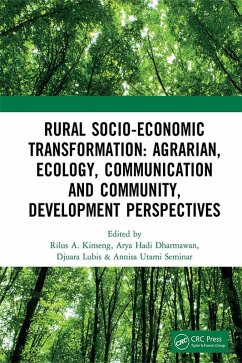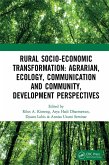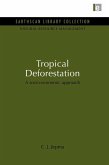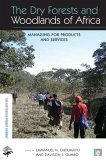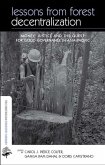A main driving factor for rural development has been agrarian liberalization. This can be seen in the development of transnational plantations, which trigger land grab and rise of land demand. Development trough liberalization also had a negative impact, since the development of modern and industrialized agriculture affected the environment, and the expansion of plantations caused changes in the agricultural systems of villages and the life orientation of local communities. Interventions in villages by private companies, intermediary institutions no doubt have brought a structural transformations in rural live: local institutions, livelihood systems, population structures, ecosystems, and relation to the land.
Unfortunately, the social, economic, cultural, and ecological transformation of the rural community not always produces improvement of quality of life for the rural community. At the same time, information and data related to rural transformations are scarcely available at research institutions, universities, NGOs, private enterprises.
Rural Socio-Economic Transformation: Agrarian, Ecology, Communication and Community, Development Perspectives discusses many aspects of the social, economic, cultural, and ecological transformation of rural life in Indonesia, and is of interest to academics and policy makers interested or involved in these areas.
Dieser Download kann aus rechtlichen Gründen nur mit Rechnungsadresse in A, B, BG, CY, CZ, D, DK, EW, E, FIN, F, GR, HR, H, IRL, I, LT, L, LR, M, NL, PL, P, R, S, SLO, SK ausgeliefert werden.

